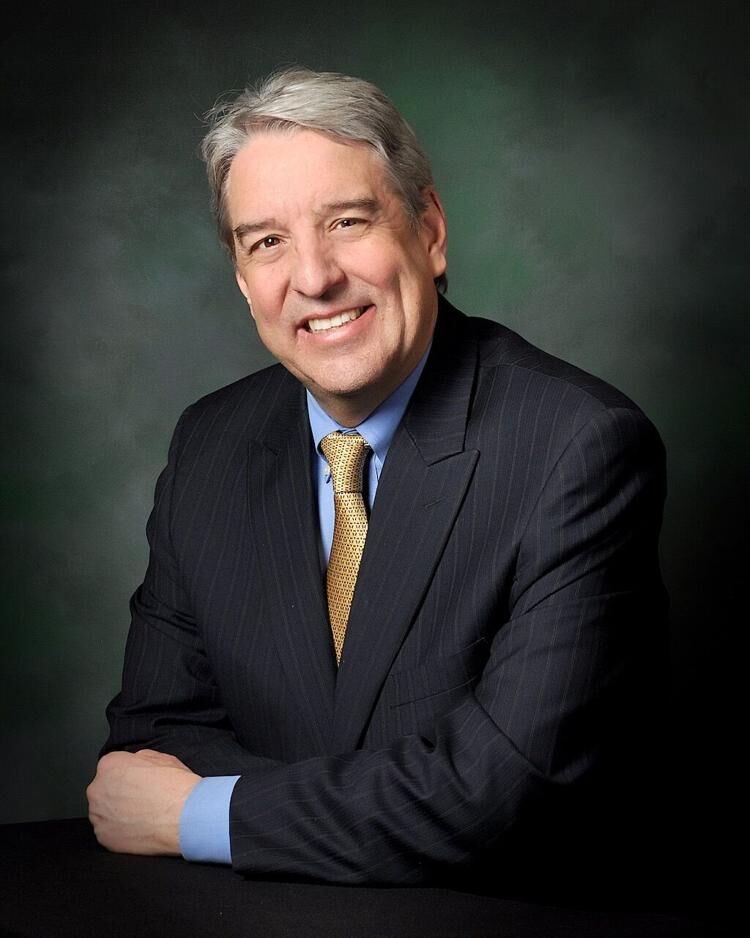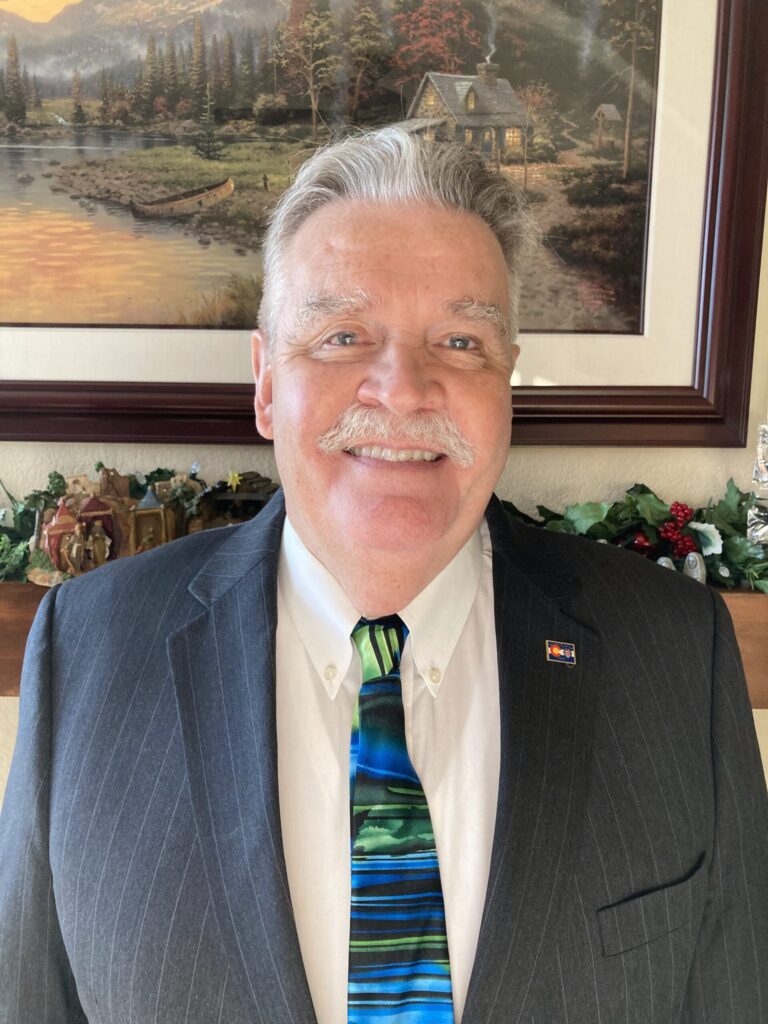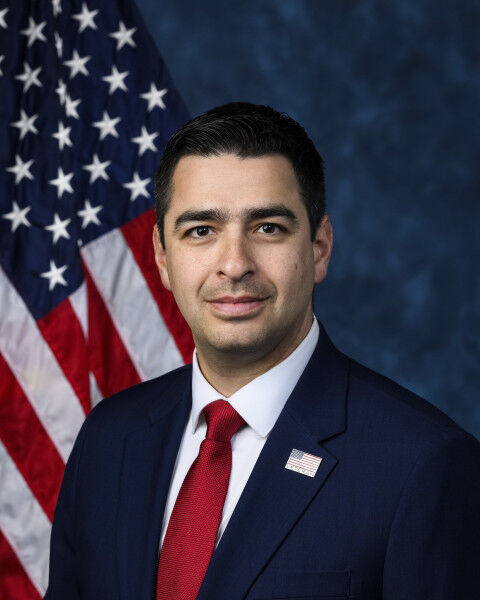Let’s end taxation by citation | PODIUM


A few years ago a Missouri lawmaker in a speech to their legislature was criticizing communities in his state who funded a major part of their budgets from traffic fines. He noted these towns employed “abusive practices that treat people as ATMs” and in his eyes this represented “a practice of taxation by citation.” His point was those communities funded a large portion of their budget through traffic fines which for the most part were paid by unwitting travelers driving through those communities.
Some travel websites define these areas as “speed traps.” The dependence of certain communities on revenue from fines, particularly from traffic violations, was highlighted in an article in Governing Magazine in 2019 titled “Addicted to Fines.” The authors identified 123 jurisdictions across the country that collect more than $500 a year for every adult resident, suggesting out-of-towners bear the brunt of the fines.
Though these communities have every right to enforce traffic laws on roadways through their towns, that is not the full story. In many cases the signage in these areas may not be prominent or placed very well, making it difficult for drivers to notice. Plus the distance between the reduced speed limit signs may be so short that unless one is very familiar with the area, they almost can’t drop down to the required speed. Unfortunately, traffic enforcement in these communities appears to be more about generating revenue for the town rather than highway safety.
Several of the communities in the Governing article are in Colorado. Three of those communities attracted national attention when they were highlighted on “The Daily Show with Trevor Noah” in late 2021. On the show Noah made light of the fact that traffic fines constituted a substantial percentage of the budgets of Mountain View (53%), Morrison at (52%) and Nunn (40%). Though the piece was humorous to viewers, it probably wasn’t funny to those receiving fines and points on their licenses which not only affect their wallet today but in the future with higher insurance rates.
Stay up to speed: Sign-up for daily opinion in your inbox Monday-Friday
The reality is these communities found a creative way to have others pay for the town’s basic services. The revenues from these traffic fines are utilized for a variety of purposes with little being used on actual highway safety. In many cases the livelihood of the town is dependent on these fines.
From a public policy perspective this is a questionable budget model. By being so dependent on traffic fines, it monetizes law enforcement and in the case of economic downturns, law enforcement officers may feel greater pressure to write more tickets to offset revenue shortfalls in other areas.
Traffic enforcement should be about ensuring public safety not a means to balance a community’s budget. Fines and penalties are a way to impress upon drivers the importance of obeying speed limits. When the focus becomes more about revenue, it undermines the public’s trust and actually jeopardizes highway safety as speed limits are viewed not as an important safety guide but rather as a gimmick to raise revenues.
Because of these problems several states including Missouri, Georgia, Maryland and Texas placed revenue caps on the proportion of general operating revenues for a community that could come from minor traffic violations. Missouri placed a 20% cap on the proportion of a community’s general operating revenues that could come from traffic violations. Any revenue above that amount now goes to the state to support statewide highway safety efforts.
In the 2024 legislative session legislators would be wise to consider introducing a measure similar to that in Missouri and other states that have addressed the problem of communities being overly dependent on fines. Doing so will reduce pressure on local police to be overly aggressive in speed enforcement so as to meet the community’s budget needs. As a result those communities will garner greater public trust as travelers realize posted speed limits are truly about safety and not revenue.
Greg Fulton is the president of the Colorado Motor Carriers Association, which represents more than 600 companies directly involved in, and affiliated with, trucking in Colorado.












